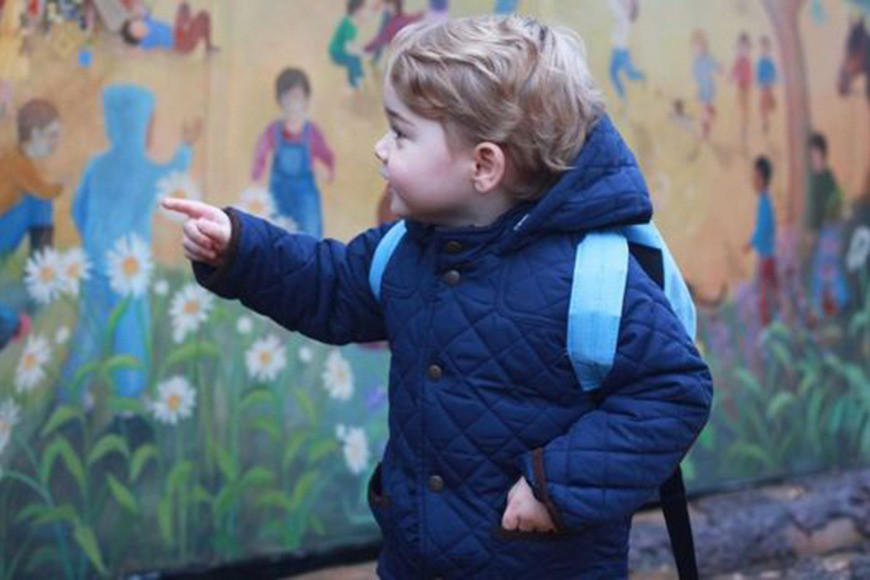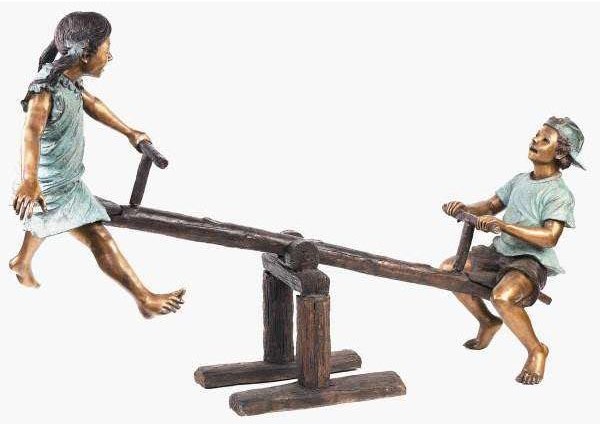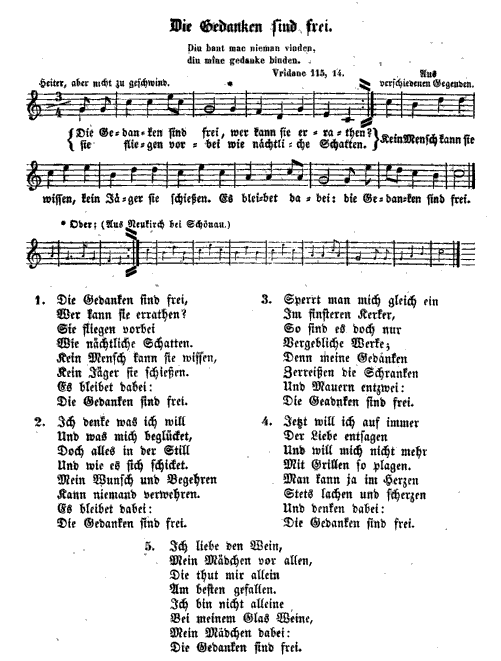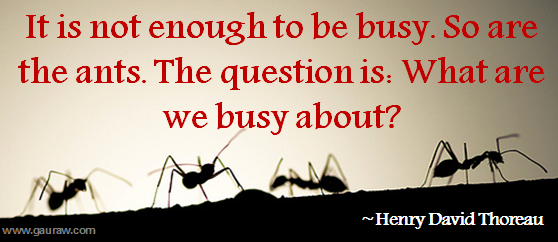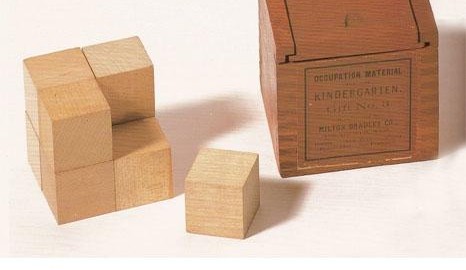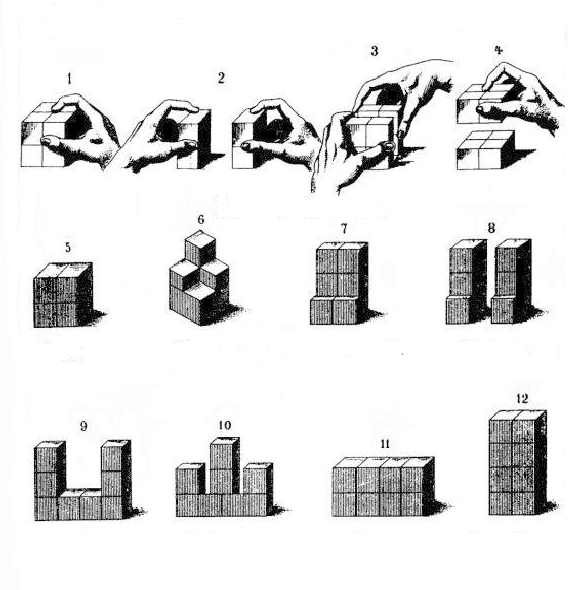The Duchess of Cambridge shared her photos of Prince George’s first day at Westacre Montessori School near Anmer Hall, the Norfolk home of the Duke and Duchess of Cambridge.
The two year old Prince is expected to attend, when Prince William and Catherine are staying at their Norfolk home, but not when they reside at Kensington Palace in London.
Montessori came to realise that children placed in an environment, where activities were designed to support their natural development had the power to educate themselves.
“I did not invent a method of education, I simply gave some little children a chance to live”.
An illustrated guide to enhance understanding of these tried and true methods and the systematic order, which is important to achieve success. Over stimulating the imagination of a child can hinder natural development.
The first child of Queen Victoria and Prince Albert, became Princess Royal of Britain, and then patroness of the Froebel Educational Institute in London, when it commenced in 1892 with plans for a free kindergarten.
Friedrich Froebel (1782-1852) founded ‘Kindergarten’ for young children and pioneered the idea, that women should be highly educated and trained to support each child to develop abstract imaginative, symbolic and creative thinking through play. Froebel valued close partnership with parents and open community schools.
